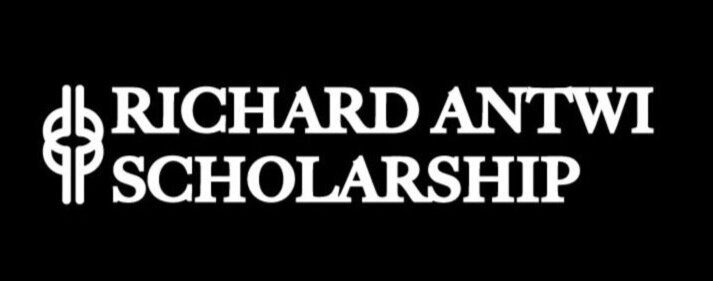Application advice
The scholarship team and the Richard Antwi scholars share their most valuable tips on how to write an effective scholarship application.
The Goal of a Personal Statement
As part of your application, you will be required to provide a short personal statement. Nailing your personal statement is an essential part of any stellar scholarship application. As a first-time applicant, the process can be daunting:
How do you decide what to say?
What achievements do you include?
What do you not include?
Why does it help your application to add information about yourself?
How do you state your most effective case?
And what’s the point of a personal statement, anyway?
We unpack this process for you with the help of some advice from our scholars and the scholarship team.
The key goal of a personal statement is to demonstrate your eligibility and compatibility with the Scholarship. It is a show of personal ability and achievement, and crucially, a show of character. We receive many applications every year. This is your moment to set yourself apart from the rest, and to show exactly how your academic and career goals align with the advantages the scholarship provides. Your goal as an applicant is to showcase how and why you are the best fit for this opportunity.
Advice from Scholars
-
Show your passion. I could not see myself working in an industry like Music if I'm not passionate about it. So, in this application it's important to demonstrate your passion for music and the different ways in which you've built your skills and experience in this industry over the years.
Set yourself apart. What distinguishes you from the rest? Really think about the qualities that make you unique and stand out, and also what people you've worked with have said about you. Make sure to highlight this throughout.
Think ahead. Where do you see your career in the next 5-10 years? And how will receiving the Richard Antwi Scholarship help you get there? Spend some time to carefully consider this. Mention your future ambitions.
-
1. Research the course. I really looked at the course and thought about which modules I was excited about, and which ones I wanted to learn from the most. I relayed this in my application.
2. Attend the open days. I attended the open days and dropped an email to the team for more information. This shows interest and involvement.
3. Stay true to yourself. I was open about my story and what made me unique and didn’t assume they would be looking for a certain type of recipient.
-
Research the scholarship. Have an understanding of exactly what they are offering and who they are looking for and use that as the basis of your application.
Write your own story. It seems pretty simple, but so many applicants are going to write the usual buzzwords and catchphrases about "loving music" and "passion to work in the music industry". No one else can tell your story, and I think it's a compelling way to give whoever's reading an insight into who you are, and a unique way to get those points across.
Recognise your transferable skills. If you don’t have experience in the music industry, it’s not a deal-breaker. Avoid undervaluing the skillset you have. Instead, take the time to assess and reflect on your skillset, and apply it to what you want to do in your music career.
